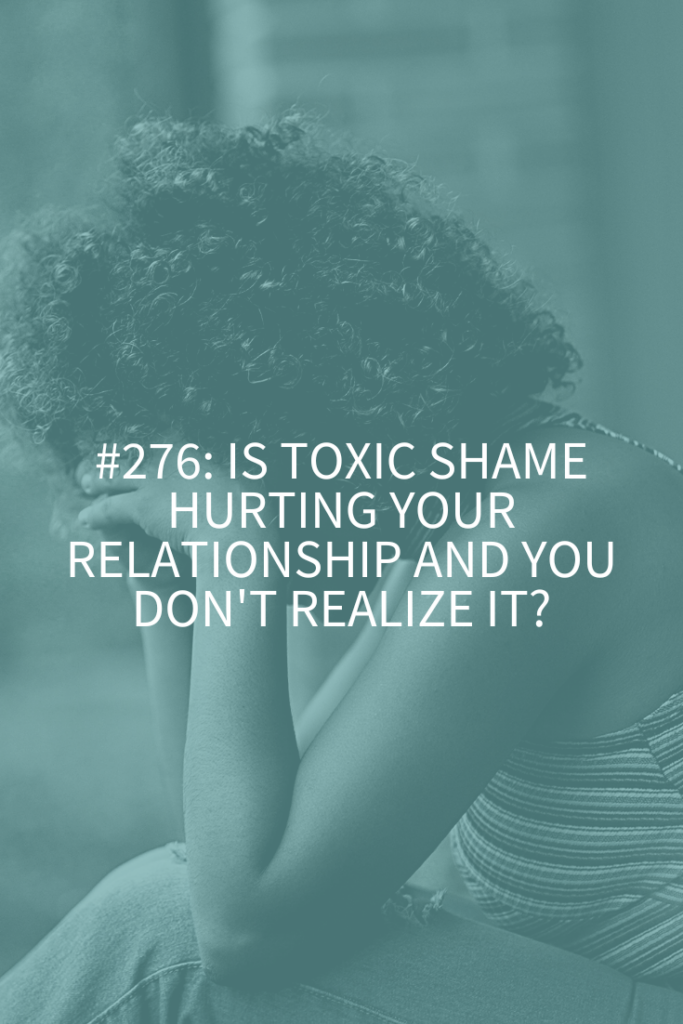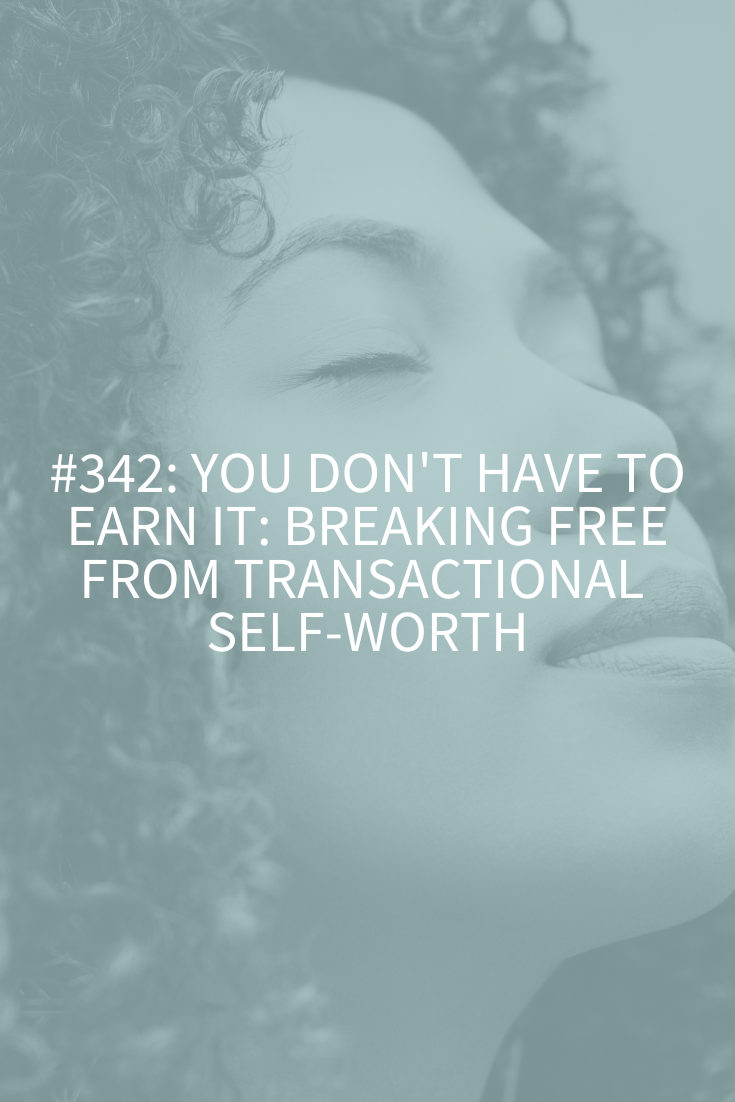
Shame doesn’t discriminate. It doesn’t matter if you’re fat or thin, rich or poor, tall or short: shame is an equal opportunity emotion and it’s amazingly destructive. Research has linked it to violence, addiction, depression, sleep problems, eating disorders, bullying and anxiety. But what’s the difference between guilt and shame? And then what the heck is toxic shame? Today I’m answering all your questions and coming at you with my top tips for recovering from toxic shame.
Research and Resources for Is Toxic Shame Hurting Your Relationship and You Don’t Realize It?
How to Make Mindfulness a Habit
You Might Not Realize You’re Suffering from Unhealed Trauma
Four Ways to Be More Self-Aware
How to Stop Overthinking and Let Things Go That Bother You
Shame Is the Silent Killer in Your Relationships
Relational-Cultural Therapy (Theories of Psychotherapy) by Judith V. Jordan
Mindfulness and Psychotherapy by Christopher Germer, Ronald D. Siegel, Paul R. Fulton
Rising Strong: How the Ability to Reset Transforms the Way We Live, Love, Parent, and Lead by Brené Brown
Self-Conscious Emotions: The Psychology of Shame, Guilt, Embarrassment, and Pride by June Price Tangney, Kurt W. Fischer












